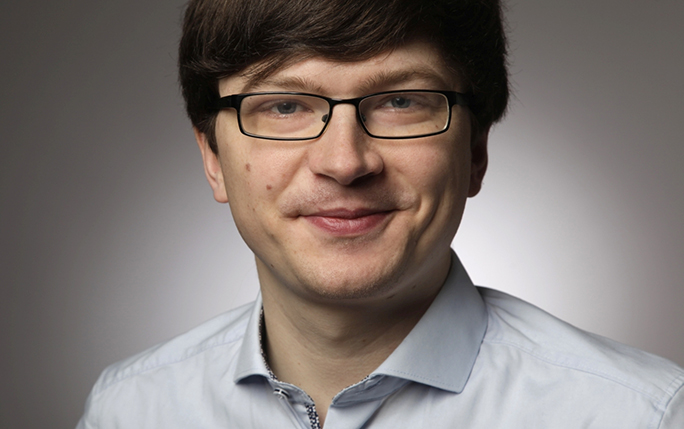OMA Fellow Interview - Spotlight on Johannes Petzoldt

What attracted you to the OMA network? Has it fulfilled your expectations?
"The OMA network is a unique training network in the field of proton therapy as it combines basic research in academy with applied research in industry and great training opportunities for all fellows and participants. Working already in the field of proton therapy on academia side, it was my strong desire to continue my research topics and try to apply them in the clinical scenario which was possible due to the offered positions in industry. The network has further brought me together with brilliant researchers from all over the world, so it has fulfilled all my expectations."
Why did you choose to go to IBA?
"I worked already for some time in the field of proton therapy, especially with the focus of range verification using prompt gamma techniques. After working in academia, I wanted to continue my research in a company which allows me to bring my ideas to the patient. The offered position at IBA was the perfect match – continuing my research on prompt gamma imaging and developing tools that help using an existing prototype for prompt gamma-based range verification during patient treatment."
Can you explain in simple terms what your project was about and what have you achieved?
"Proton therapy is a highly targeted method to destroy tumor cells. Sometimes though, there are uncertainties if the proton beam is actually stopping where it is supposed to stop. Therefore, researchers are working on methods to indirectly make the beam visible inside the patient. In my project, a specific type of camera tries to measure gamma radiation that is coming out of the patient during the treatment. By creating an image of this radiation, we know if the beam stopped at the exact position or not. This is what we call prompt gamma imaging or prompt gamma-based range verification. The system developed at IBA is so-far the only one that was used during patient treatment showing very promising results. My contribution was to make the prototype more user-friendly, more precise and more reliable. I developed software upgrade, a correction model to improve the accuracy and a mechanical positioning system that allows to use the prompt gamma camera more reliable and also during other types of treatments. With this mechanical system, we could improve the workflow and save valuable time during the patient treatment. I also supported other scientists with their studies using the prompt gamma camera prototype."
What has OMA provided you in terms of your professional development?
"OMA brought me together with other young researchers starting in the field of particle therapy (the other OMA fellows and further students joining for trainings and schools hosted and organized by OMA) and experienced and highly professional scientists already working in the field for a long time. Also, OMA brought academy (universities and research institutes) together with industry. This allowed me to work with people who have totally different backgrounds and motivations and to push my own ideas and understand the requirements in my project. Also, the OMA project organized workshops, trainings, and schools in which I learned about soft-skills, science related topics, project management etc. It improved my overall skillset in many dimensions, and I see my strong professional and personal development after those 3 years of OMA."
Can you say something about your next career move?
"During the 3 years of OMA, I experienced a great team and working spirit at IBA and was happy to be given the opportunity to work with such a great team and to live in Belgium. All this experience offered the exciting opportunity to apply and be selected for a new position in Germany as R&D scientist for the world leading mass spectrometer manufacturer."
What will be your most cherished memory from OMA?
"It is hard to condense 3 years of OMA project in one “best” memory, but I definitely cannot stop smiling when I think about the cooking session together with Sud and some of the other fellows during the OMA school in Munich. We had some delicious Indian food prepared by Sud in our small hotel room kitchen, and of course a few “Helle” together with it."